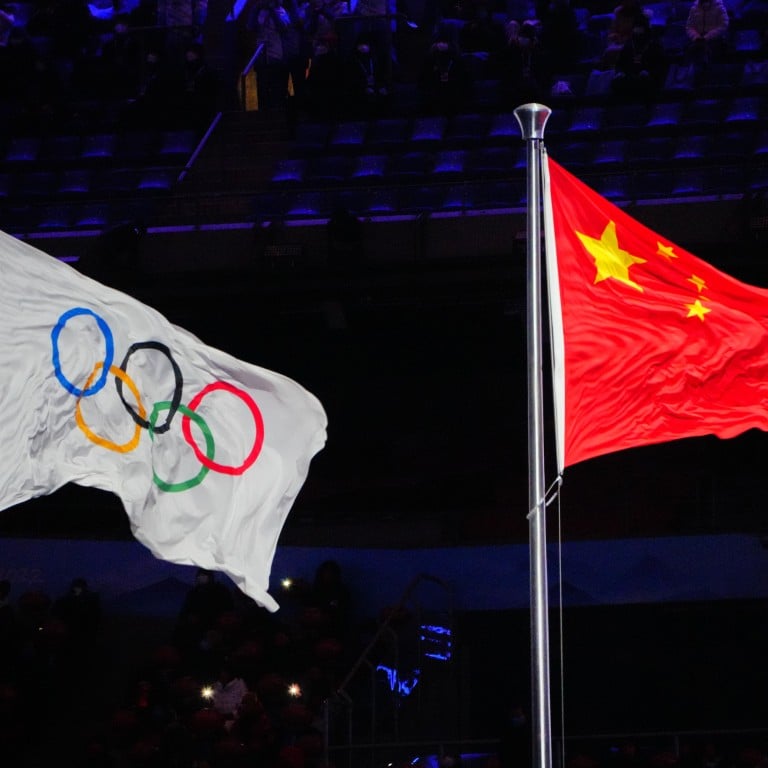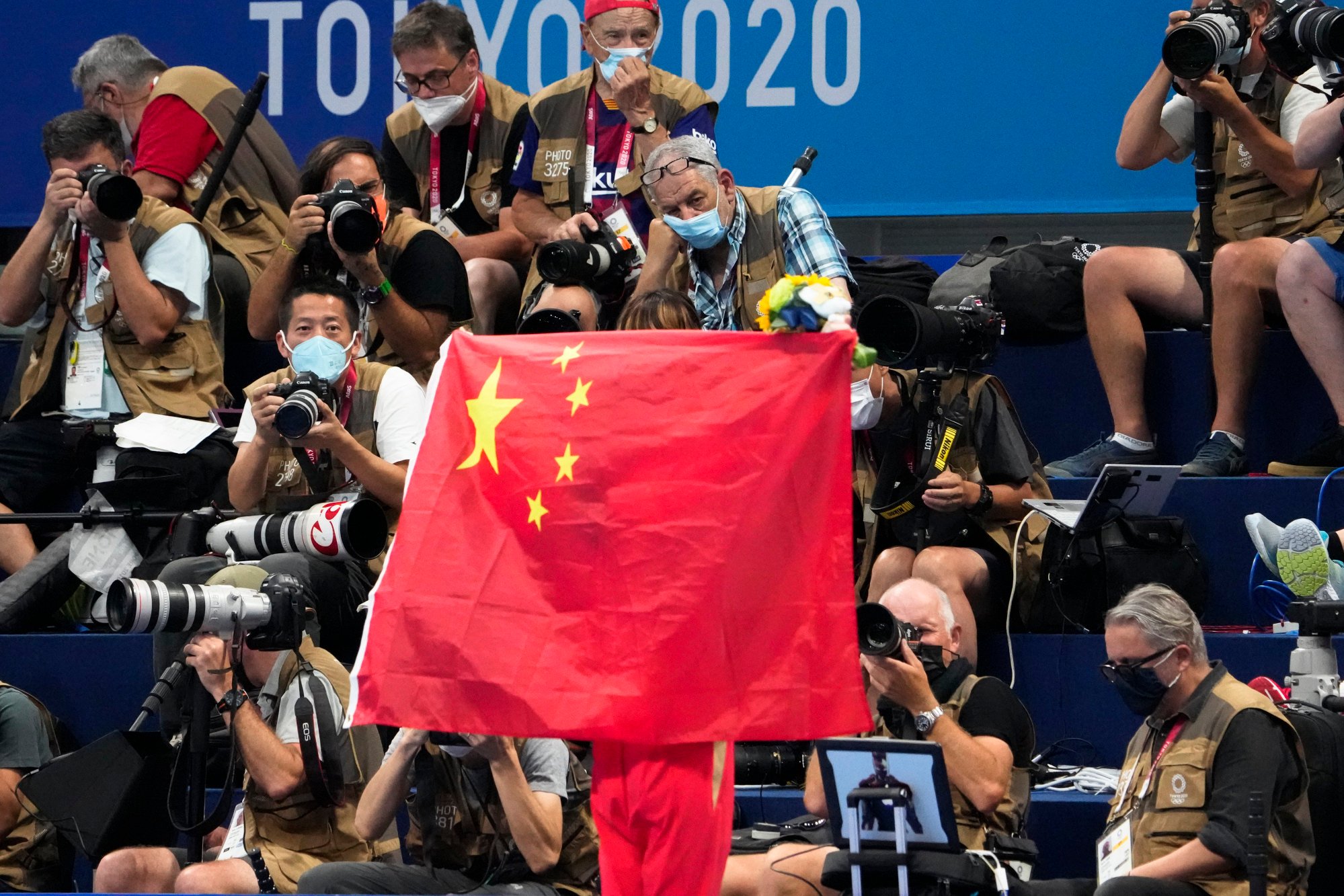
Explainer | Chinese swimmers’ doping allegations: what drug was involved, what has Wada said, and what might happen next
- Reports last week revealed 23 Chinese swimmers failed a drugs test before the Tokyo Olympics, but were cleared in secret
- World Anti-Doping Agency chiefs confirmed they knew about the incident, sparking fury from some quarters
The news that 23 Chinese swimmers failed drug testing weeks before the Tokyo Olympics in 2021, and were allowed to compete anyway, has caused a major row within the sport.
While the World Anti-Doping Agency (Wada) has said it was aware of the incident and accepted China’s explanation the tests had been contaminated, drugs officials in the United States have accused officials of a cover-up.
Here we take a look at the drug involved, what Wada has said since the matter became public and what might happen next.
What are the accusations?
A joint investigation by German broadcasters ARD, The New York Times and Australian newspaper the Daily Telegraph revealed that 23 Chinese swimmers failed doping tests for the banned substance trimetazidine (TMZ) ahead of the Tokyo Olympics in 2021.
World anti-doping officials confirmed the story, said they were aware of the incident at the time, and accepted the findings of the Chinese doping authority that the tests had been contaminated and none of the athletes concerned had deliberately taken the drug.
Wada has been accused of a cover-up – something it strenuously denies.
What is TMZ?
It’s a prescription heart medicine that can boost performance, and is the same drug for which Russian figure skater Kamila Valieva tested positive before the Beijing Winter Olympics. She has since been banned for four years and her teammates stripped of their gold medals.
In 2014, Chinese Olympic swimmer Sun Yang was also suspended for three months after testing positive for TMZ.

What was their defence?
The Chinese Anti-Doping agency (Chinada) said there was a contamination from a tainted food supply at a time when the country’s swimmers were staying in the same hotel.
Chinese investigators report finding trace amounts of TMZ in the hotel’s kitchen, while a Chinada report discovered traces in sink drains, spice containers and cooktop vents at a hotel where many of the athletes and coaches had stayed.
However, officials have not explained how the drug came to be in those areas.
What has Wada said?
World sport’s anti-doping agency said it was notified in June 2021 of Chinada’s decision to accept that the swimmers returned adverse analytical findings (AAF) after inadvertently being exposed to the drug through contamination at a training camp.
Wada has the authority to appeal against rulings by national doping agencies, but “ultimately concluded that it was not in a position to disprove the possibility that contamination was the source of TMZ and it was compatible with the analytical data in the file”.
At a press conference on Monday, Witold Banka, the Wada president, added: “At every stage, Wada followed the whole due process and diligently investigated every line of inquiry in this matter. If we had to do it over again now, we would do exactly the same thing.”
Has there been a backlash?
Yes. German Interior Minister Nancy Faeser called for an investigation into the incident and a separate investigation into Wada’s role, adding that it would be a “disaster for world sport” if it was proved the China’s Olympic swimmers had won gold medals despite evidence they had failed doping tests.
The head of the United States Anti-Doping Agency (Usada) echoed Faeser’s calls for an investigation into the incident and called the situation a “tragedy for clean athletes around the world”.
What is being said in China?
“The Chinese swimmers involved were neither at fault nor guilty of negligence, and their behaviour did not constitute a doping violation,” Wang said. “After an investigation, Wada affirmed the findings of the China anti-doping centre.”
Australian coach Denis Cotterell, who works with the Chinese Swimming Association, also rejected claims of systemic state-run doping, saying it is “so far from anything I have seen”.
What will happen now?
At present, it is unclear whether there will be any further repercussions.
Wada, despite pressure from various national anti-doping agencies, are standing firm in their position that the swimmers in question are not guilty of negligence.
They have also threatened legal action against Usada after CEO Travis Tygart suggested the world body’s actions amounted to a “potential cover-up”.
Asked about potential legal ramifications, Tygart said he would “welcome it because it would be a lot of fun to see the discovery between the emails and the discussion why they decided not to follow the rules and cover this situation up”.

